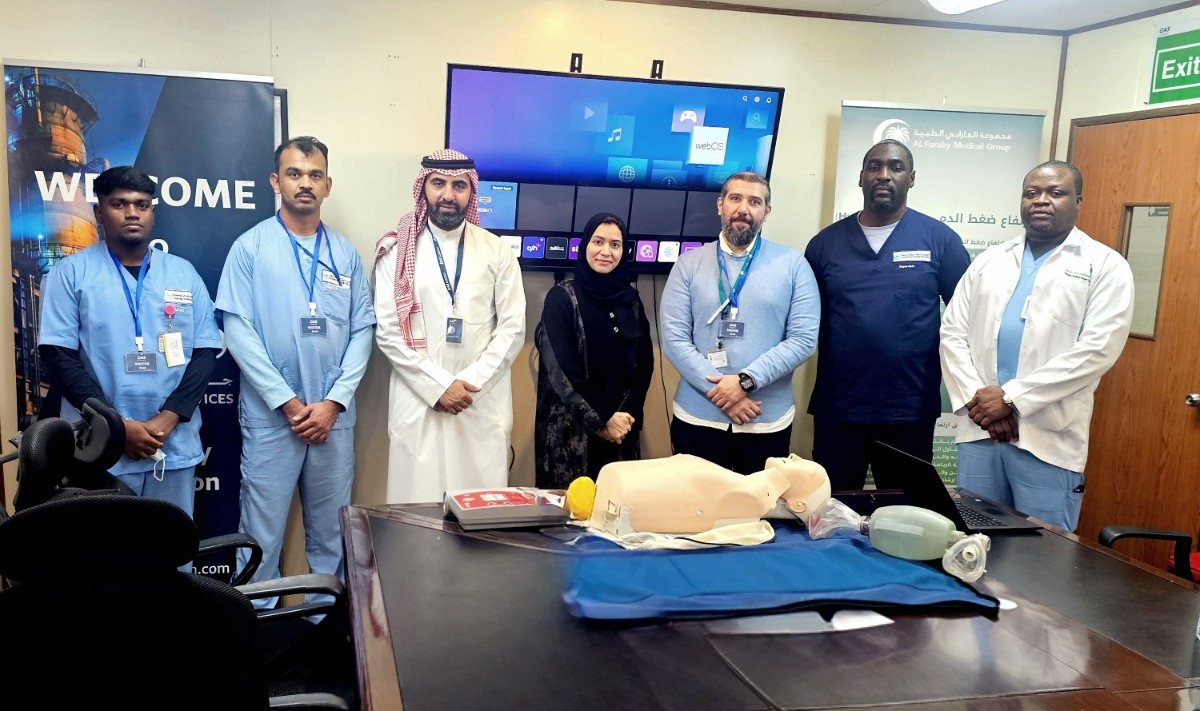There are many causes behind stomach and digestive problems, and several factors may interact simultaneously to cause digestive dysfunction. The most important of these factors include:
- Unhealthy eating habits, such as excessive consumption of processed foods and low fiber intake.
- Lack of physical activity.
- Stress and psychological pressure.
- Bacterial and viral infections that cause stomach problems.
- Certain medications, such as painkillers and anti-inflammatories.
- Dehydration or insufficient water intake.
- Genetic factors that may increase the risk of chronic digestive diseases.
Food allergies.
From here, we’ll discuss the most significant disorders that may result from these factors, and answer the most important questions you may have: “What’s the difference between heartburn and acid reflux? And how can we differentiate between indigestion and a stomach ulcer?”
The Most Common Stomach Diseases
Stomach diseases are among the most common digestive system problems, ranging from mild, temporary conditions to chronic disorders that require close monitoring.
The most common stomach problems include:
- Acute and chronic gastritis: This occurs as a result of irritation or damage to the stomach lining. It may be caused by infection, exposure to chemicals, or immune diseases. Common symptoms include loss of appetite, stomach pain, and nausea. Most cases improve within a few days with simple medications.
- Stomach ulcers: These are open sores in the lining of the stomach or duodenum. They are one of the most common stomach disorders. Stomach ulcers are often caused by chronic use of anti-inflammatory drugs or infection with the stomach bacteria Helicobacter pylori.
- Helicobacter pylori (H. pylori) is a bacterium that infects the stomach lining and is a major cause of stomach ulcers. H. pylori is widespread worldwide, infecting more than half of the world’s population. The infection often occurs in childhood without obvious symptoms. When symptoms, such as heartburn or abdominal pain, appear, doctors perform special tests to detect it. It can be effectively treated with appropriate antibiotics.
- Gastroesophageal reflux disease (GERD): One of the most common causes of recurring heartburn, gastric acid flows back up from the stomach into the esophagus, causing a burning sensation in the throat or chest. GERD symptoms may worsen with certain unhealthy eating habits.
- Functional dyspepsia: This causes an uncomfortable feeling after eating, without any apparent organic cause. The patient complains of persistent abdominal bloating, feeling full after eating small amounts of food, or feeling uncomfortable.
- Gastroparesis: A disorder of stomach muscle movement that slows food emptying. It may be associated with diabetes or certain medications. Symptoms include nausea, vomiting, and stomach pain, and require drug treatment and dietary modification.
Now let’s ask ourselves what are the symptoms of stomach ailments? And when should you see a doctor about stomach problems?
Symptoms of Stomach Problems That Require Attention
There are many symptoms of stomach problems that require attention. They may appear suddenly or worsen over time. Common symptoms include:
- Abdominal pain or cramps.
- Abdominal bloating and a feeling of fullness.
- Nausea or vomiting.
- Blood in the stool or vomiting blood.
- Persistent fever.
- Recurring constipation or diarrhea.
How can stomach problems be treated?
Treatment of stomach disorders and diseases depends first on an accurate diagnosis. The doctor then develops a treatment plan tailored to each patient’s condition. The treatment plan includes:
- Effective medications that target the underlying cause of the problem.
- Lifestyle modifications, such as following a healthy diet, exercising, and reducing stress.
- Surgery, if necessary.
- Participation in clinical trials if there is no response to conventional treatments.
Ways to Prevent Stomach Problems
Preventing stomach disorders starts with your kitchen and daily lifestyle. Everything you eat and every habit you practice directly impacts the health of your digestive system. Some of the most important steps to promote stomach health and prevent problems include:
- Eating a diet rich in fiber (both soluble and insoluble).
- Drinking plenty of water to support bowel movements and prevent constipation.
- Reduce fatty meats and choose lean proteins such as fish and chicken.
- Support the bacterial balance in your intestines by eating fruits, vegetables, and legumes.
- Avoid smoking and reduce caffeine.
- Exercise regularly.
- Reducing stress through relaxation and meditation.
Finally, stomach problems remain one of the most common complaints, but they are not always simple or transient. They may be an indicator of digestive system problems. Therefore, do not ignore recurring or painful symptoms and book your consultation with Al Farabi Internal Medicine Clinic, where you will find a group of specialists ready to provide accurate and comprehensive medical care that guarantees your stomach comfort and peace of mind.




